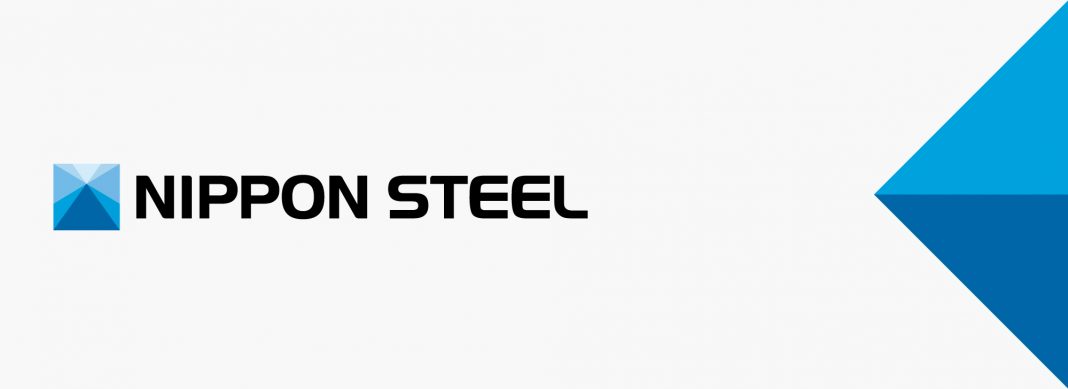Investors are betting Nippon Steel Corp (5401.T) will take longer to complete its $14.9 billion acquisition of U.S. Steel Corp (X.N) because opposition from some U.S. lawmakers and labor unions will lead to regulators scrutinizing the deal more.
While the price of U.S. Steel shares indicates that traders are giving the deal a more than 70% chance of being completed, the growing gap between the $55-per-share deal value and the market price indicates investors anticipate the political controversy around the deal to delay it.
The traders said in interviews that they believe that the Committee on Foreign Investment in the United States (CFIUS), a regulatory panel that will review the deal for potential national security threats, would find it challenging to block the deal given that Nippon hails from Japan, a U.S. ally with a history of investing in North America.
But they worry that CFIUS may want to show it is heeding calls to carefully scrutinize the deal by taking longer to complete its review. The companies have said they expect to complete the deal in the second or third quarter of 2024, but the growing spread indicates some investors harbor doubts.
“Heading into an election year, there is obviously some headline risk. Most of the senators that have opposed the deal are from states that produce steel,” said Chris Pultz, portfolio manager for merger arbitrage at Kellner Capital.
A spokesperson for the Department of the Treasury, which chairs CFIUS, did not respond to a request for comment.
The spread between the deal price and U.S. Steel’s shares reached its widest on Wednesday since the acquisition was announced on Monday. The shares ended trading at $47.82, down 5% from the high they reached on Monday.
The spread reflects not just the odds of the deal closing but also how long a deal may take to close, traders say. This is because the longer a deal takes to close, the further away investors are from receiving the deal price consideration.
“The market is mispricing the deal in light of the recent commentary from the lawmakers and the United Steelworkers (USW) union. We still expect it to get all the necessary clearances,” said Roy Behren, co-president of Westchester Capital Management, which currently has $4 billion of assets under management, 85% of which is invested in merger arbitrage.
United Steelworkers, which opposes the sale to Nippon because it is not convinced by its assurances to uphold existing labor agreements, has urged government regulators to scrutinize the acquisition and determine if it serves the national security interests of the United States and benefits the workforce.
Three Republican senators wrote to Treasury Secretary Janet Yellen earlier this week asking CFIUS to block the deal on the grounds that “domestic steel production is vital to U.S. national security.”
At least four Democratic senators – Sherrod Brown, John Fetterman, Bob Casey and Joe Manchin – have also come out against the deal.
DEAL CAN FAIL EVEN IF CFIUS APPROVES
Brian Deese, a key player in President Joe Biden’s 2024 re-election bid, said on Wednesday that Nippon’s proposed purchase of U.S. Steel was a concern and that the administration should look closely at it. The White House, however, has been tight-lipped about the deal.
A White House spokesperson did not immediately respond to a request for comment.
The companies have disclosed that in the event that regulators shoot down the deal, Nippon will owe U.S. Steel a $565 million break-up fee.
There is precedent for a deal being thwarted even when CFIUS approves it. In 2006, when Dubai Ports World agreed to buy the global assets of Britain-based P&O, including ports in New York and New Jersey, U.S. politicians threatened to pass legislation to block the deal because of concerns that U.S. infrastructure could become susceptible to terrorist attacks.
While CFIUS approved that deal, Dubai Ports relinquished the port operations it had taken over, selling them to American International Group Inc (AIG.N), in order to put an end to the controversy.
There are also instances where Japanese firms have had to make concessions to get sign-off from CFIUS. SoftBank Group Corp (9984.T), the Japanese investment conglomerate, has had to make concessions such as giving up board seats and access to sensitive information to complete some of its investments in the U.S., as regulators became increasingly concerned about foreign access to U.S. technology.




